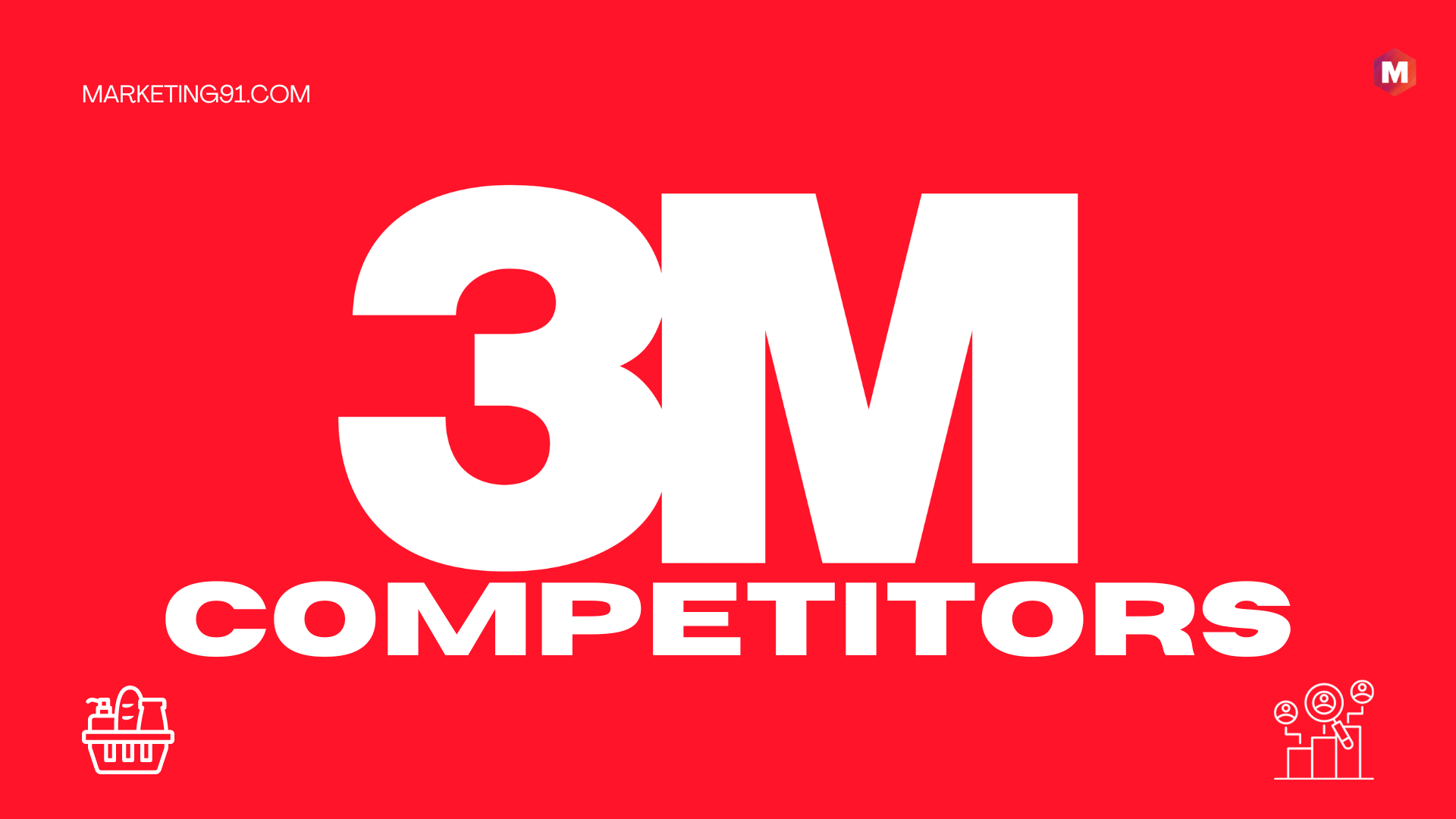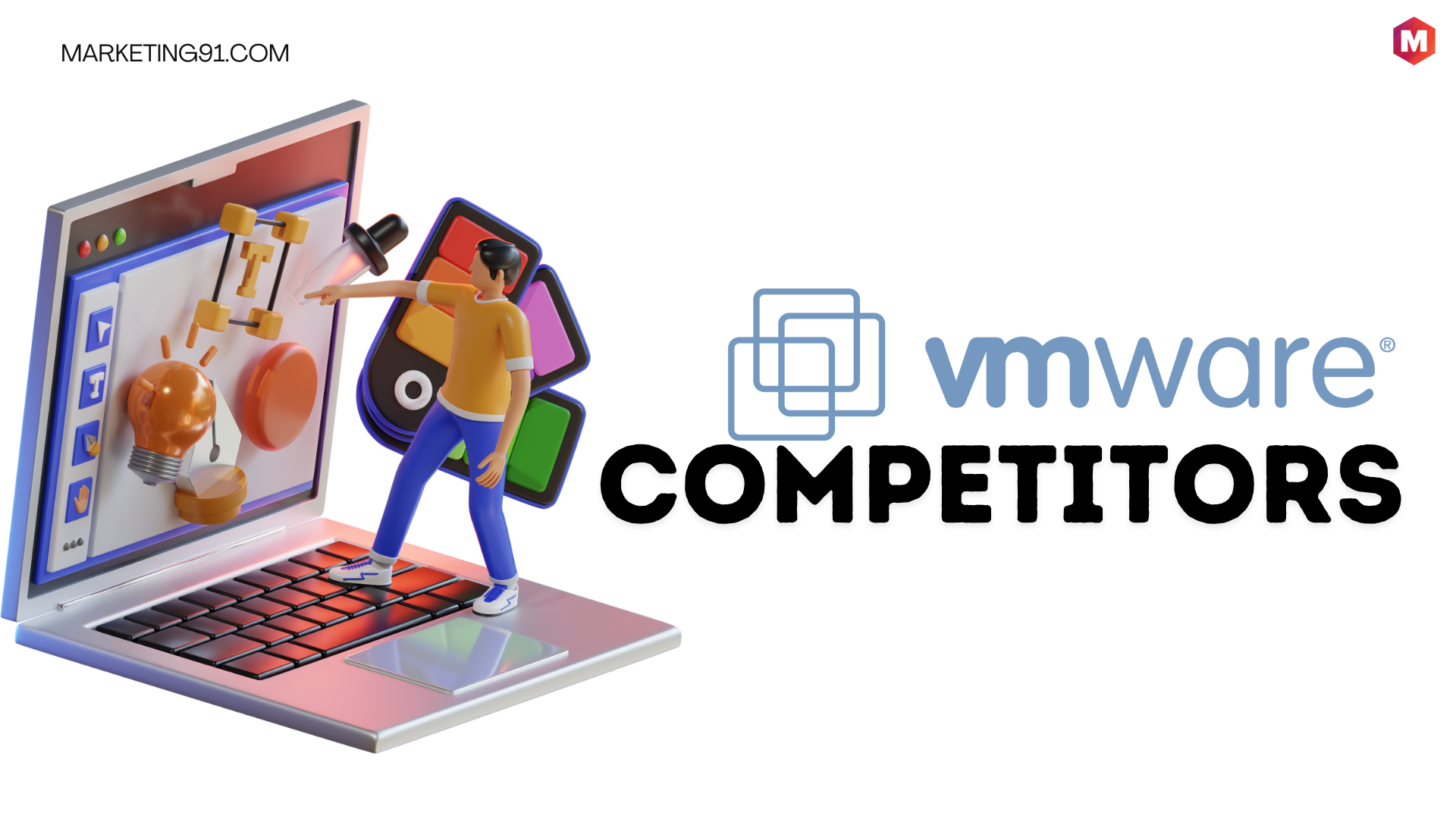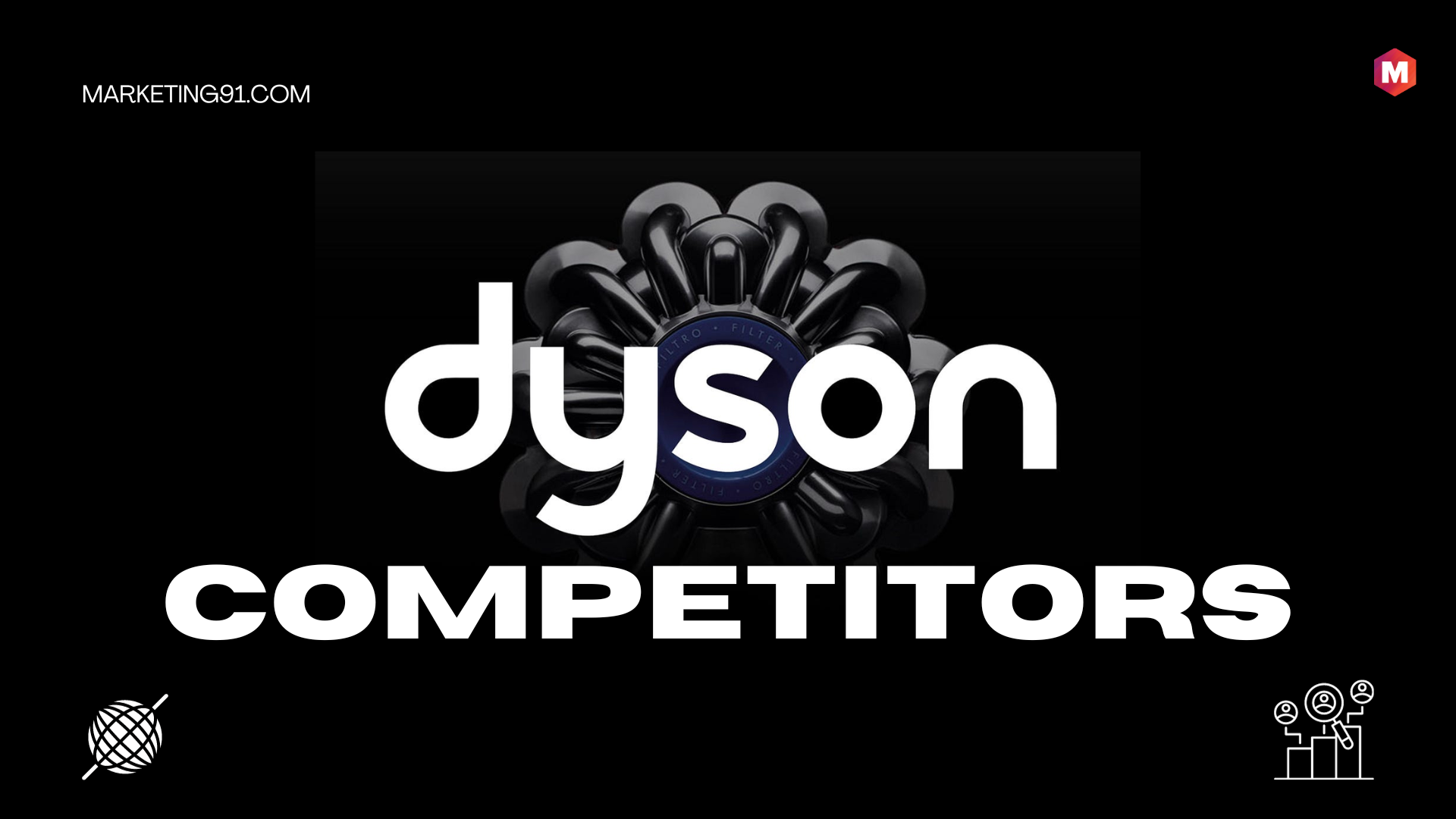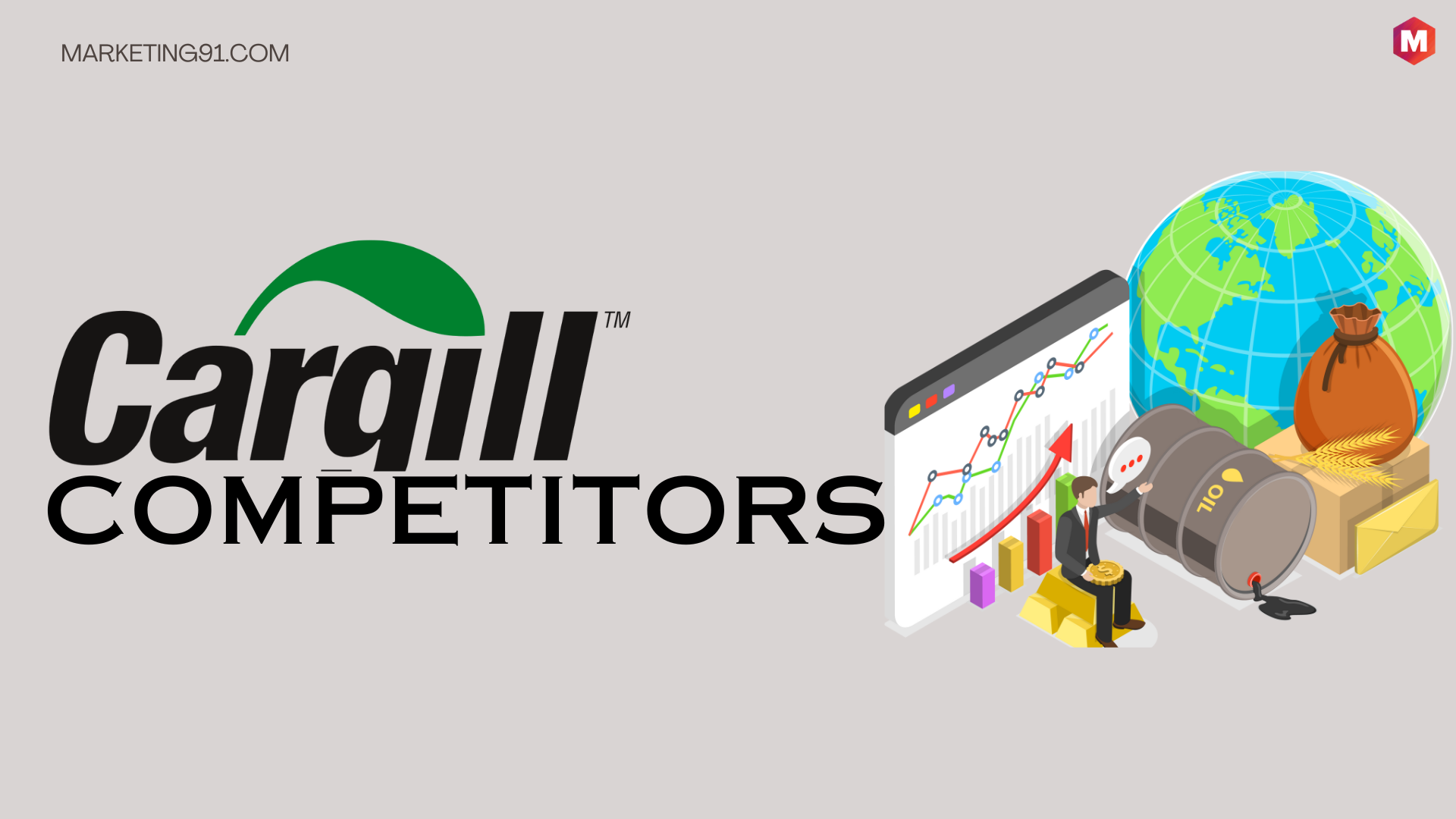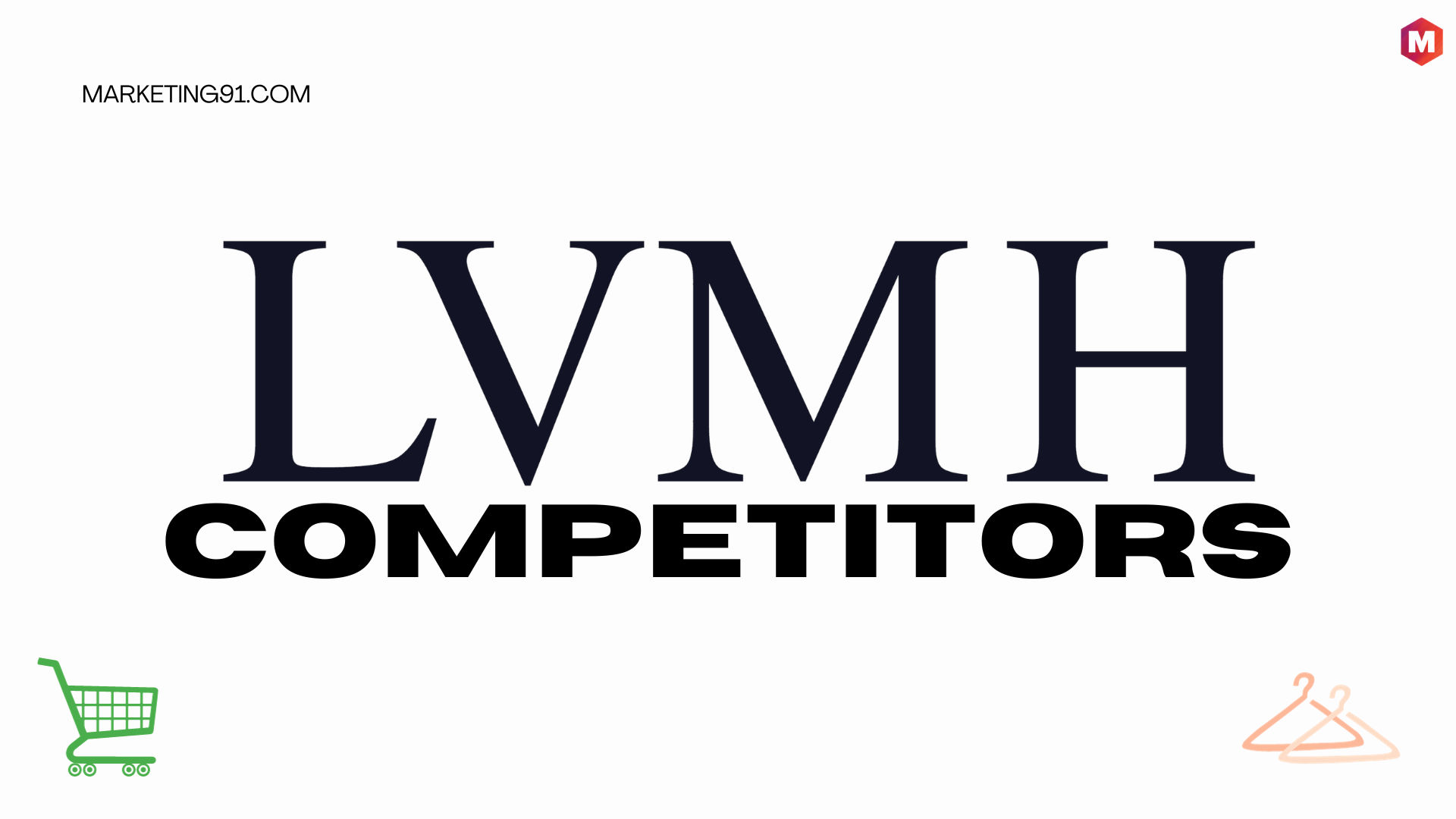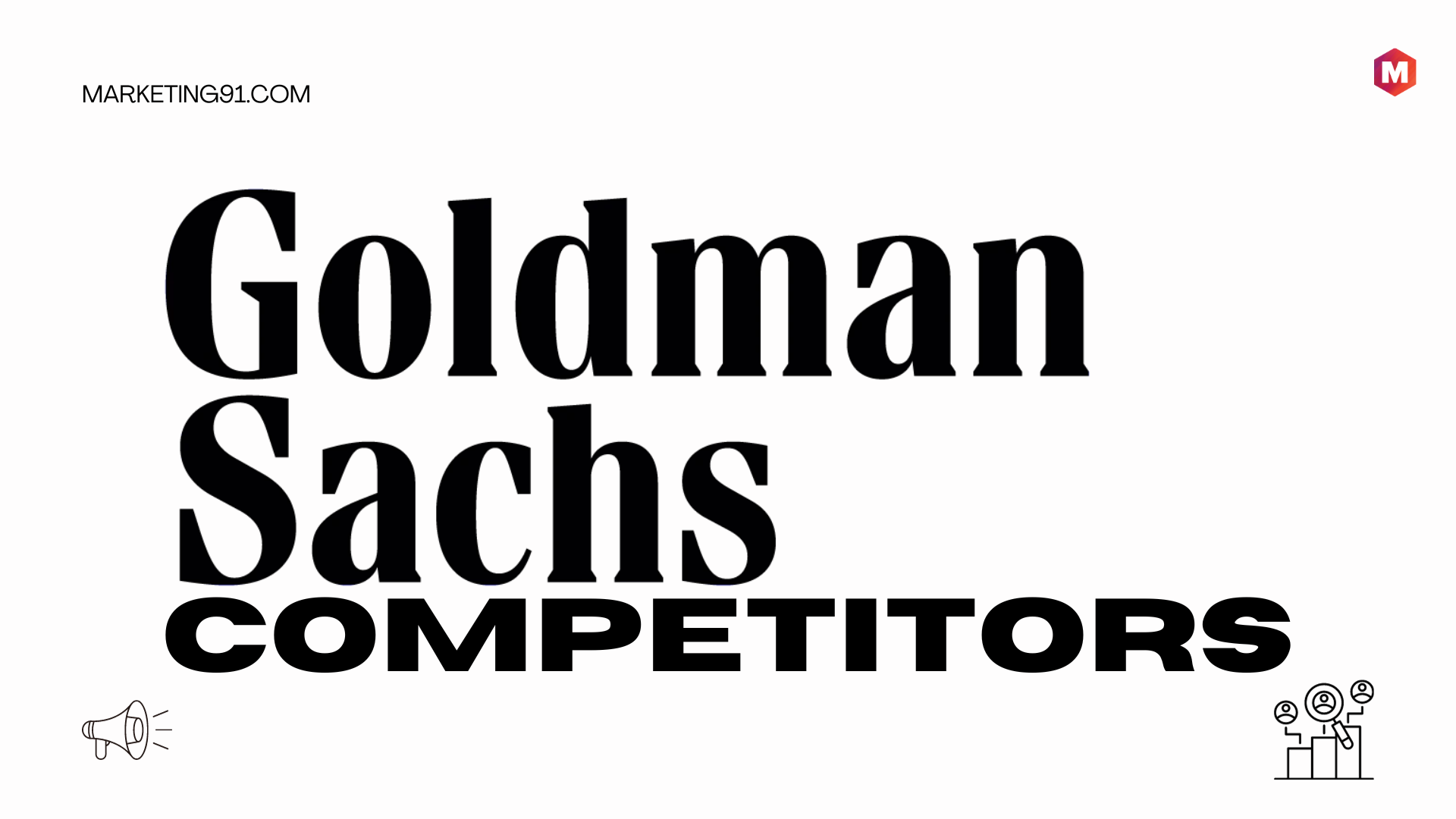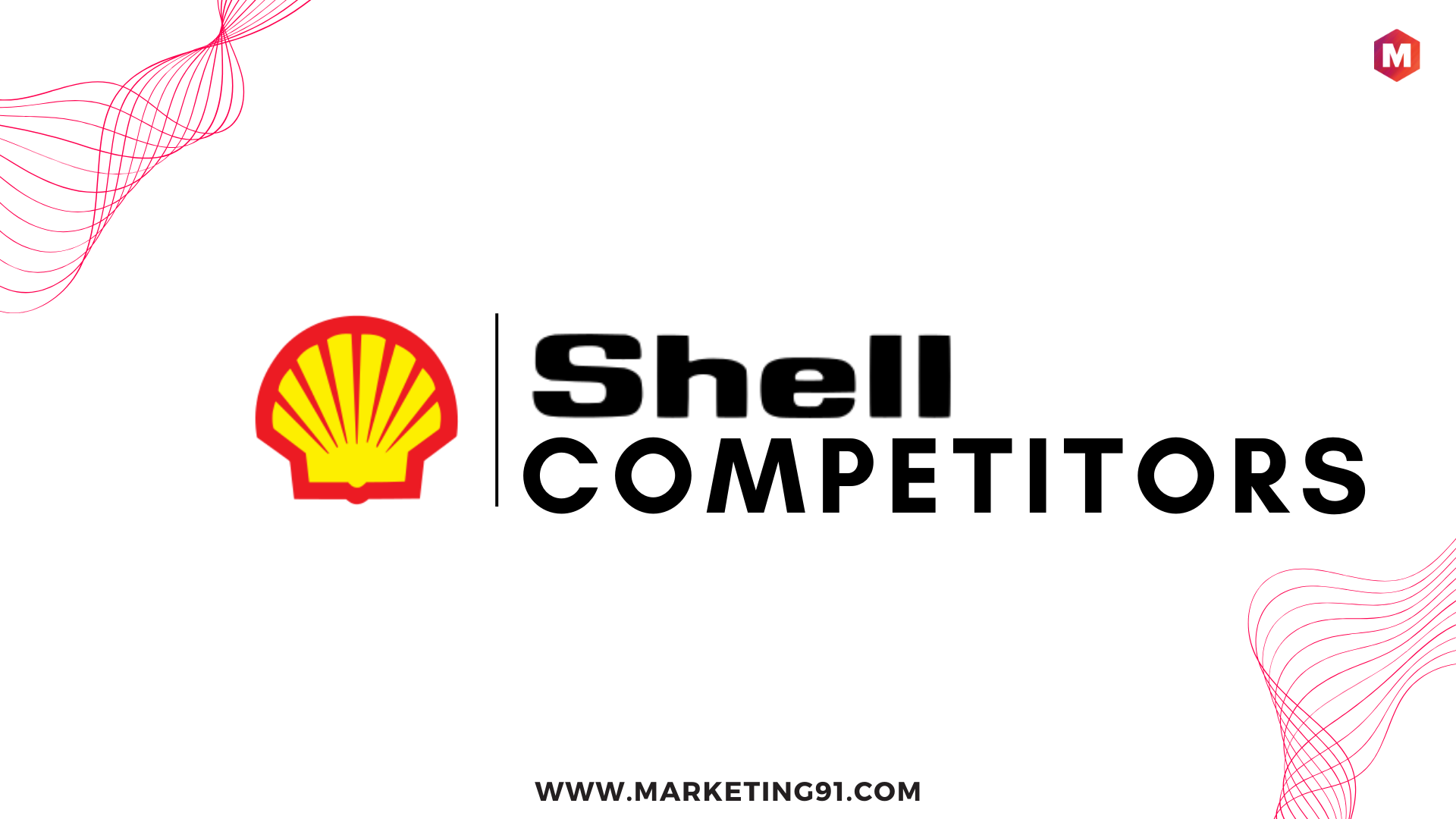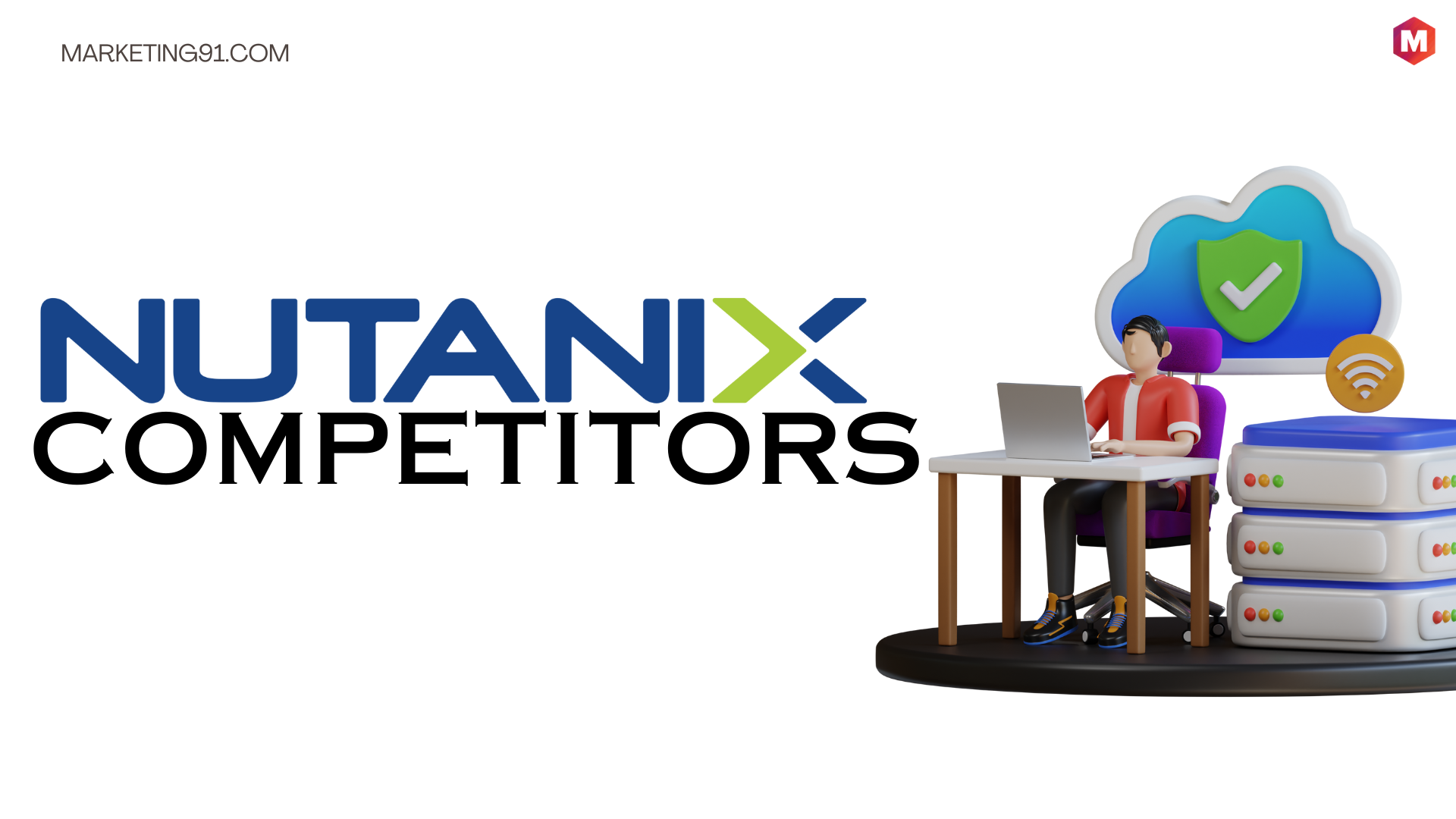Zillow is a real estate technology company that provides an on-demand experience for selling, buying, renting, and financing with transparency and nearly seamless end-to-end service….
Top 28 HelloFresh Competitors in 2025
The top HelloFresh competitors are Blue Apron, Home Chef, Sun Basket, Green Chef, EveryPlate, Dinnerly, and Marley Spoon. HelloFresh is a Berlin-based publicly traded meal-kit…
Top 30 Booking.com Competitors & Alternatives in 2025
The top Booking.com competitors are Expedia Group, Priceline Group, Airbnb, Agoda, Hotels.com, Trip.com, Vrbo and others. Booking.com is one of the world’s leading digital travel…
Top 30 Shopify Competitors & Alternatives in 2025
The top Shopify competitors are WooCommerce, BigCommerce, Adobe Commerce Cloud (Magento), Squarespace, Wix eCommerce, and Salesforce Commerce Cloud. Shopify is a cloud-based e-commerce platform offering…
Top 27 Salesforce Competitors & Alternatives in 2025
The top Salesforce competitors are Microsoft Dynamics 365, Oracle CX Cloud, SAP CRM, Adobe Experience Cloud, HubSpot CRM, Zoho CRM, and others. Salesforce is a…
Top 23 Google Competitors & Alternatives in 2025
The top Google competitors are Microsoft, Meta, Amazon, Apple, Baidu, Tencent, Alibaba, Oracle and others. Google is an American multinational technology company specializing in Internet-related…
Top 26 Airbnb Competitors & Alternatives in 2025
The top Airbnb competitors are Vrbo, Booking.com, Expedia, TripAdvisor, HomeToGo, Sonder, Marriott Homes & Villas, Vacasa and others. Airbnb is an American company that operates…
Top 30 Uniqlo Competitors & Alternatives in 2025
UNIQLO is a global clothing apparel company founded in Yamaguchi, Japan 1949, that offers high-quality clothing and textiles. In this article, we discuss the top…
Top 30 3M Competitors & Alternatives in 2025
3M is a multinational conglomerate that produces a wide range of products, including adhesives, abrasives, laminates, passive fire protection, dental and orthodontic products, electronic materials,…
Top 27 Travelers Competitors & Alternatives in 2025
Travelers is an American insurance company that covers homes, cars, valuables, and businesses. Travelers is a well-established insurance company serving customers for over 165 years….
Top 29 La-Z-Boy Competitors & Alternatives in 2025
La-Z-Boy is an American furniture manufacturer that produces home furniture, including upholstered recliners, sofas, stationary chairs, lift chairs, and sleeper sofas, and it has a…
Top 30 Capgemini Competitors & Alternatives in 2025
Capgemini is a global consulting, technology, and outsourcing company that provides various services to businesses across multiple industries. With a presence in over 50 countries…
Top 26 Hot Wheels Competitors & Alternatives in 2025
Hot Wheels, the famous toy car brand owned by Mattel, has been a staple in the playrooms of a generation of children and collectors alike…
Top 30 VMware Competitors & Alternatives in 2025
VMware is an American cloud computing and virtualization technology company founded in 1998. In this article, we discuss the top VMware Competitors and Alternatives. VMware,…
Top 27 Dyson Competitors & Alternatives in 2025
Dyson is an innovative company specializing in household appliances such as vacuum cleaners, air purifiers, fans, and lighting. In this article, we discuss the top…
Top 27 American Airlines Competitors & Alternatives in 2025
American Airlines is a major US-based airline headquartered in Fort Worth, Texas, within the Dallas–Fort Worth metroplex, and is the seventh largest airline in the…
Top 30 Cargill Competitors & Alternatives in 2025
Cargill is a multinational food, agriculture, nutrition, services, and risk management corporation. Established in 1865, it is a privately held company with over 155,000 employees…
Top 29 HSBC Competitors & Alternatives in 2025
HSBC, also known as the Hong Kong and Shanghai Banking Corporation, is a global banking and financial services institution established as one of the world’s…
Top 30 Hootsuite Competitors & Alternatives in 2025
Hootsuite is a social media management platform that offers services for Twitter, Facebook, Instagram, LinkedIn, Pinterest, YouTube, and TikTok. Hootsuite is a social media management…
Top 28 Deloitte Competitors & Alternatives in 2025
Deloitte Touche Tohmatsu Limited is a British multinational professional services network that provides audit, consulting, financial advisory, risk advisory, tax, and legal services with approximately…
Top 28 Wells Fargo Competitors & Alternatives in 2025
Wells Fargo is an American multinational financial services company that operates in 35 countries and serves over 70 million customers worldwide. In this article, we…
Top 26 Lexus Competitors & Alternatives in 2025
Lexus, the luxury vehicle division of Toyota, has established itself as a prestigious brand known for its exceptional craftsmanship, attention to detail, and smooth performance….
Top 19 Xerox Competitors & Alternatives in 2025
Xerox Corporation, founded in 1906, is a renowned American company known for its document technology and services. In this article, we discuss the top Xerox…
Top 30 Monster.Com Competitors & Alternatives in 2025
Monster.com is a global employment website that was established in 1999 as a result of the merger between The Monster Board (TMB) and Online Career…
Top 30 LVMH Competitors & Alternatives in 2025
LVMH is a French multinational conglomerate specializing in luxury goods, with a portfolio of 75 prestigious brands. In this article, we discuss the top LVMH…
Top 26 Goldman Sachs Competitors & Alternatives in 2025
Goldman Sachs is a multinational investment bank and financial services company that offers services in investment banking, securities underwriting, prime brokerage, asset management, wealth management,…
Top 30 AIRBUS Competitors & Alternatives in 2025
Airbus, established in 1970, is a global leader in the aerospace industry, operating in the commercial aircraft, helicopters, defense, and space sectors. In this article,…
Top 30 Verizon Competitors & Alternatives in 2025
Verizon Communications Inc. is a globally recognized telecommunications company that offers a comprehensive range of services and solutions to millions of customers worldwide. In this…
Top 26 Microsoft Competitors & Alternatives in 2025
Microsoft is a technology company founded in 1975 by Bill Gates and Paul Allen to develop and sell BASIC interpreters for the Altair 8800. It…
Top 30 Nordstrom Competitors & Alternatives in 2025
Nordstrom is a premium fashion retailer known for its exceptional customer service and high-quality merchandise. With a rich history dating back to 1901, the company…
Top 25 SHELL Competitors & Alternatives in 2025
Shell is an oil and gas company involved in all supply chain verticals and is one of the largest companies in the world. In this…
Top 30 Banking Competitors & Alternatives in 2025
Banking facilitates critical financial services such as accepting deposits, issuing loans, and providing other financial products, thereby playing a pivotal role in economic growth and…
Top 30 Charles Schwab Competitors & Alternatives in 2025
Charles Schwab is one of the biggest and most well-known names in the financial services industry, offering a wide range of services and products for…
Top 25 ASICS Competitors & Alternatives in 2025
ASICS, also known as Anima Sana In Corpore Sano, is a renowned Japanese multinational corporation specializing in athletic footwear, sports apparel, and equipment. Founded in…
Top 30 Diageo Competitors & Alternatives in 2025
Diageo is a multinational alcoholic beverage company headquartered in London, United Kingdom. The company has a diverse portfolio of world-renowned brands, including Johnnie Walker, Guinness,…
Top 30 NetApp Competitors & Alternatives in 2025
NetApp is a prominent data storage and management player, offering innovative solutions to businesses seeking reliable and efficient storage infrastructure. With its comprehensive suite of…
Top 31 Nutanix Competitors & Alternatives in 2025
The top Nutanix competitors are VMware, Dell EMC (Dell Technologies), Cisco, HPE (Hewlett Packard Enterprise), Microsoft, Citrix, Red Hat, and others. Nutanix, a cloud computing…
Top 26 Yelp Competitors & Alternatives in 2025
Yelp is a leading online platform that is transforming how people discover and review local businesses. Founded in 2004, Yelp is a popular search engine…
Top 30 Discord Competitors & Alternatives in 2025
Discord is a popular communication platform offering various features for online communities, gamers, and businesses. Launched in 2015, Discord has gained widespread popularity thanks to…
Top 30 Indeed Competitors & Alternatives in 2025
Indeed is a leading online job search platform that connects job seekers with employers worldwide. With its user-friendly interface and extensive database of job postings,…








